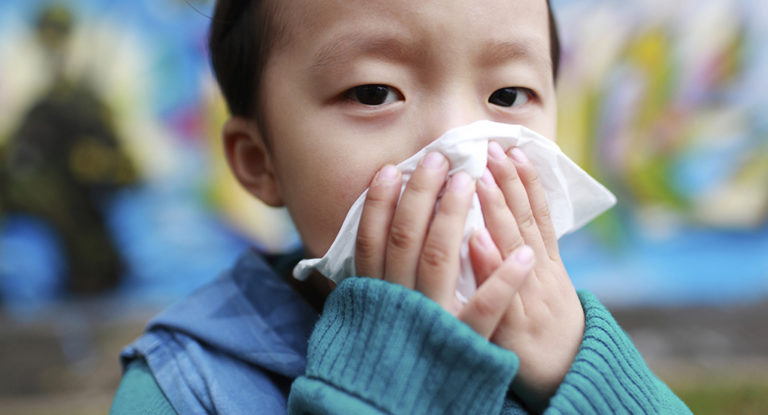Paediatric minor illness is incredibly common. From teething and stomach bugs to colds and sprains, it’s all part and parcel of growing up.
The vast majority of symptoms won’t point to anything serious. But parents or carers of the child may well still feel anxious, seeking reassurance that although the illness is unpleasant the symptoms are not an indication of infection severity. Parents should also be offered plenty of up-to-date information about how long symptoms are likely to last, and when to seek further medical assistance.
Essentially, healthcare professionals must clearly explain the symptoms that parents should look out for and what to do if they occur. Such information should ideally be provided in writing as well as verbally.
Discussing symptoms with parents/carers
Parents/carers know their child and are likely to have a ‘gut feeling’ that something isn’t right. They should be able to tell you if the child’s sleeping or eating habits, or general behaviour, are unusual.
A sick child may:
- Be listless or fretful, or irritable when disturbed
- Lose interest in playing or is unusually quiet and inactive
- Cry readily and not be easily comforted
- Be unusually inactive and quiet
- Feel hot to touch
- Have a reduced appetite
- Look tired and flushed or pale
- Complain of feeling cold
When should a clinician recommend further treatment or investigation?
The vast majority of childhood illness will pass quickly, requiring no more than paracetamol, rest and/or antibiotics. But occasionally this isn’t the case.
Again, the key here is not to alarm parents, but to explain fully what the signs are that mean the child may need additional treatment. Parents/carers should seek immediate medical help if their child has:
- A fever of over 38 degrees C
- Vomiting or diarrhoea, particularly if more than 24 hours have passed
- Pain – particularly in the throat, ears or abdomen, or when passing urine or stool
- A rash. These are very common and are usually down to an allergy or a viral infection. However, it’s extremely important to rule out a rash that could be a sign of meningitis or sepsis.
Learn the basics around the management of minor illnesses in children with our popular online CPD course
Do you feel confident in diagnosing and treating minor infections in children, while offering parents the reassurance they need?
Designed specifically for nurses and other front line allied health professionals already competent in history taking and physical examination skills, PDUK is pleased to offer our Paediatric minor illness course. Worth 21 hours of CPD over 3 days, the course is held entirely online which makes it perfect for studying flexibly at home.
The course gives a firm grounding in minor illness diagnosis, treatment, aftercare and review. So, if you’re looking to explore a variety of paediatric conditions in an evidence based context whilst networking with others, then this one’s for you.
All course materials and a certificate will be provided but spaces are always limited so make sure you book early.

